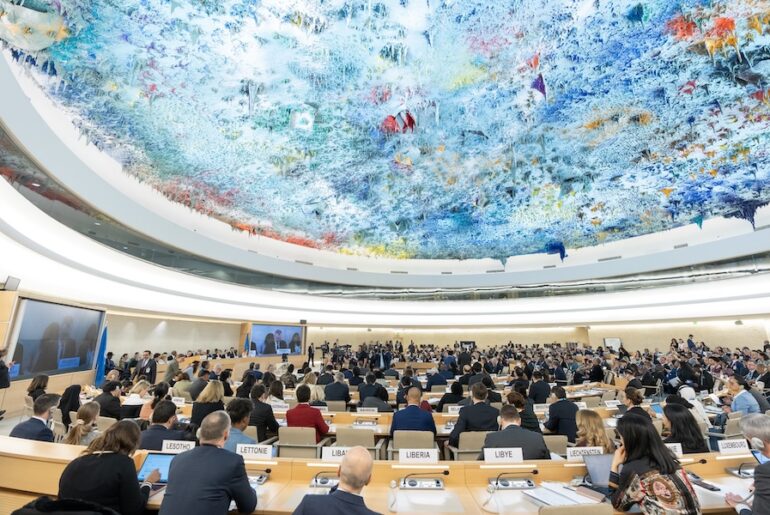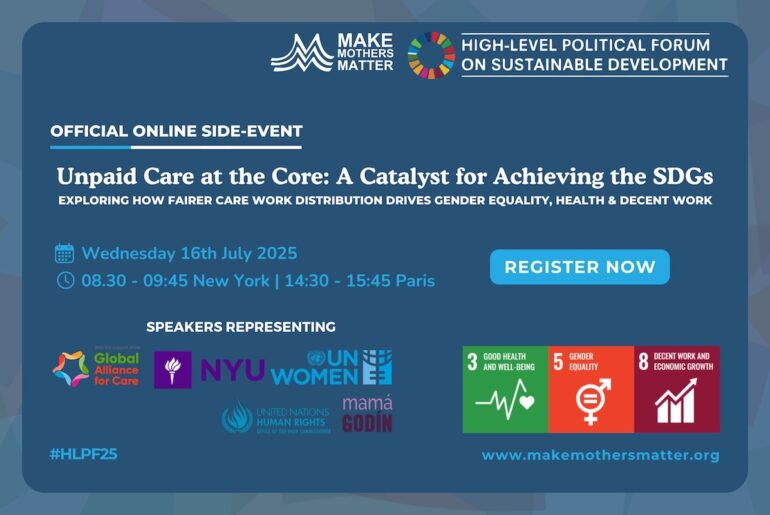Motherhood and unpaid care work at the root of the Gender Pay Gap
21.04.19
European Union - The EU delegation of MMM responded to the public consultation of the European Commission on 'equal pay' in April 2019 which gathered views from stakeholders on the impact of the EU rules on equal pay for work of equal value.

In November 2017, the Commission adopted an Action Plan to tackle the Gender Pay Gap. The objective of the consultation was to assess if the current legal framework needs to be reviewed. The Gender Pay Gap is at 16% at EU level and it is stagnating in many countries.
In our response, we highlighted that the Gender Pay Gap is the result of many complex factors including vertical and horizontal occupational segregation, as well as direct pay discrimination, but that it is mainly linked to motherhood. In our society, women, especially mothers, perform the largest share of unpaid care work (i.e. household work, caring for children, disabled person, frail and older people), a work which is not valued. As a result, mothers suffer from specific discriminations linked to motherhood, the so-called “motherhood penalty“, which includes a motherhood wage gap, i.e. a difference in wages between mothers and women without children.
MMM also underlined that women’s unequal pay does not just hurt women, but that it is a cost for society as a whole. There is also a strong link between the gender pay gap and child poverty.
Our report presents the state of play of the gender pay gap in the European Union, the underlying causes and links to the unequal distribution of unpaid family care work, a summary of the current situation in Belgium, and finally some recommendations.
The fact that mothers suffer a wage penalty raises major concerns that go beyond gender inequality. This issue ultimately questions the capacity of societies to manage a sustainable balance between their economic aim of active female participation in paid work and the social aims of providing a fair distribution of income to support the reproduction and rearing of children.
MMM Response to the Consultation and Annex
Envisioning care as a common thread to global crises
29.07.24
UN New York - Our virtual HLPF side-event brought together experts to shed light on how the various global crises we face (in particular climate change and other environmental crises,
We call for multi-stakeholder approach to recognise and support unpaid care work
21.07.24
UN New York - Participating in the meeting of the UN Economic and Social Council (ECOSOC) on care and support systems, MMM reaffirmed the principle of co-responsibility, which should underpin
The New EU Gender Equality Roadmap : A Call for Inclusion of Mothers
04.03.25
The European Commission’s initiative on a new Gender Equality Roadmap post-2025, marks a significant step forward in addressing gender disparities across the European Union. Make Mothers Matter (MMM








